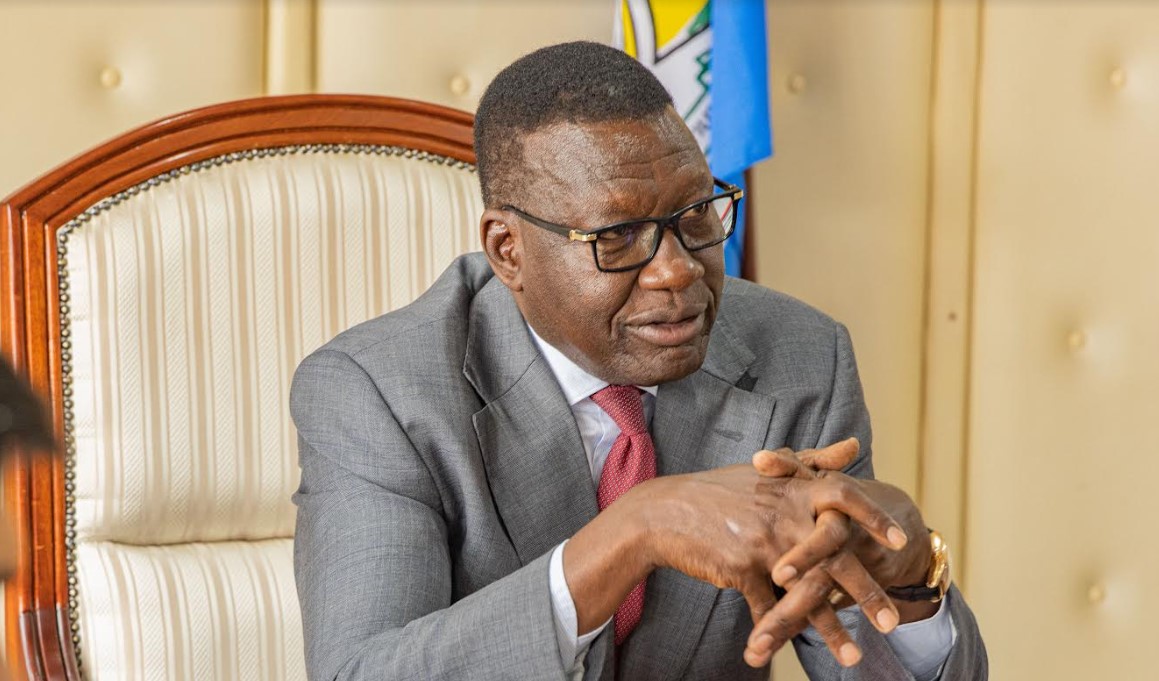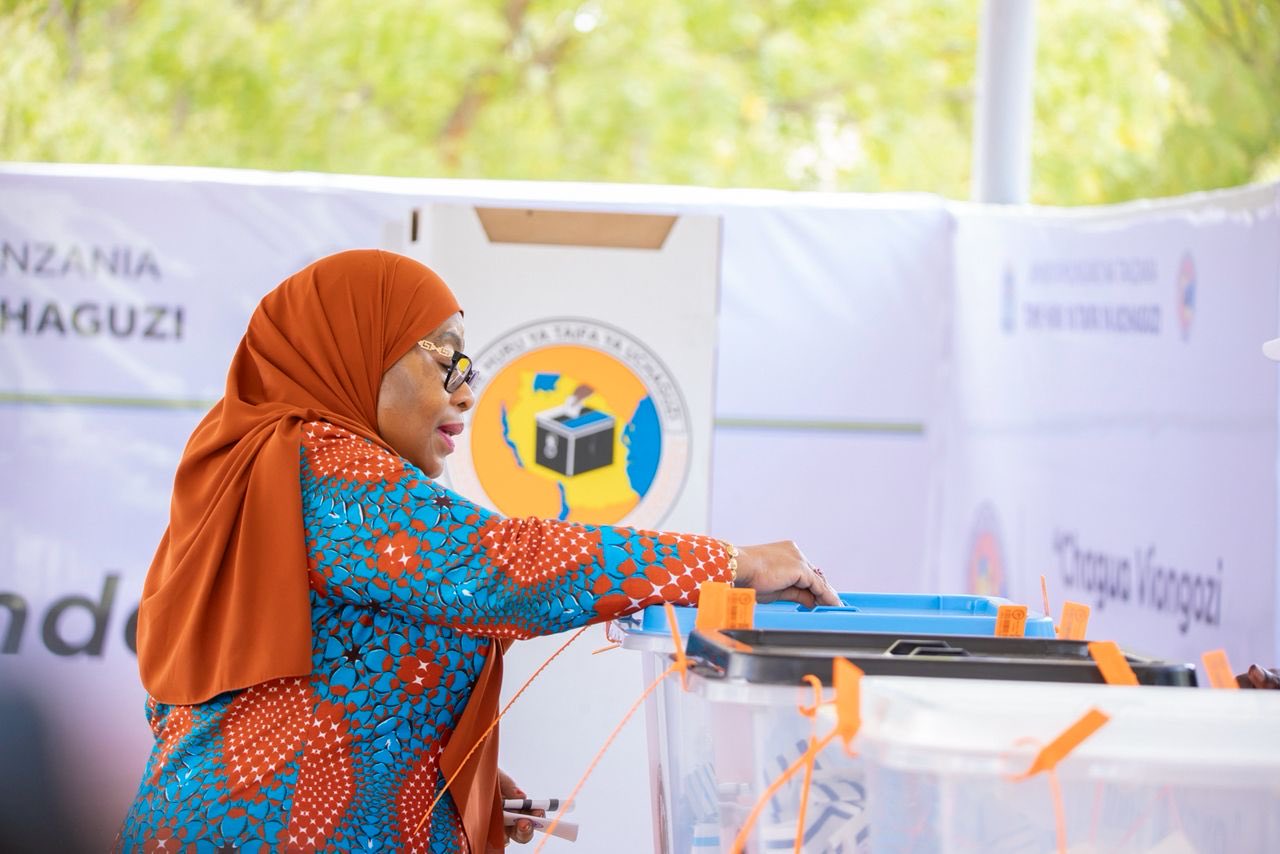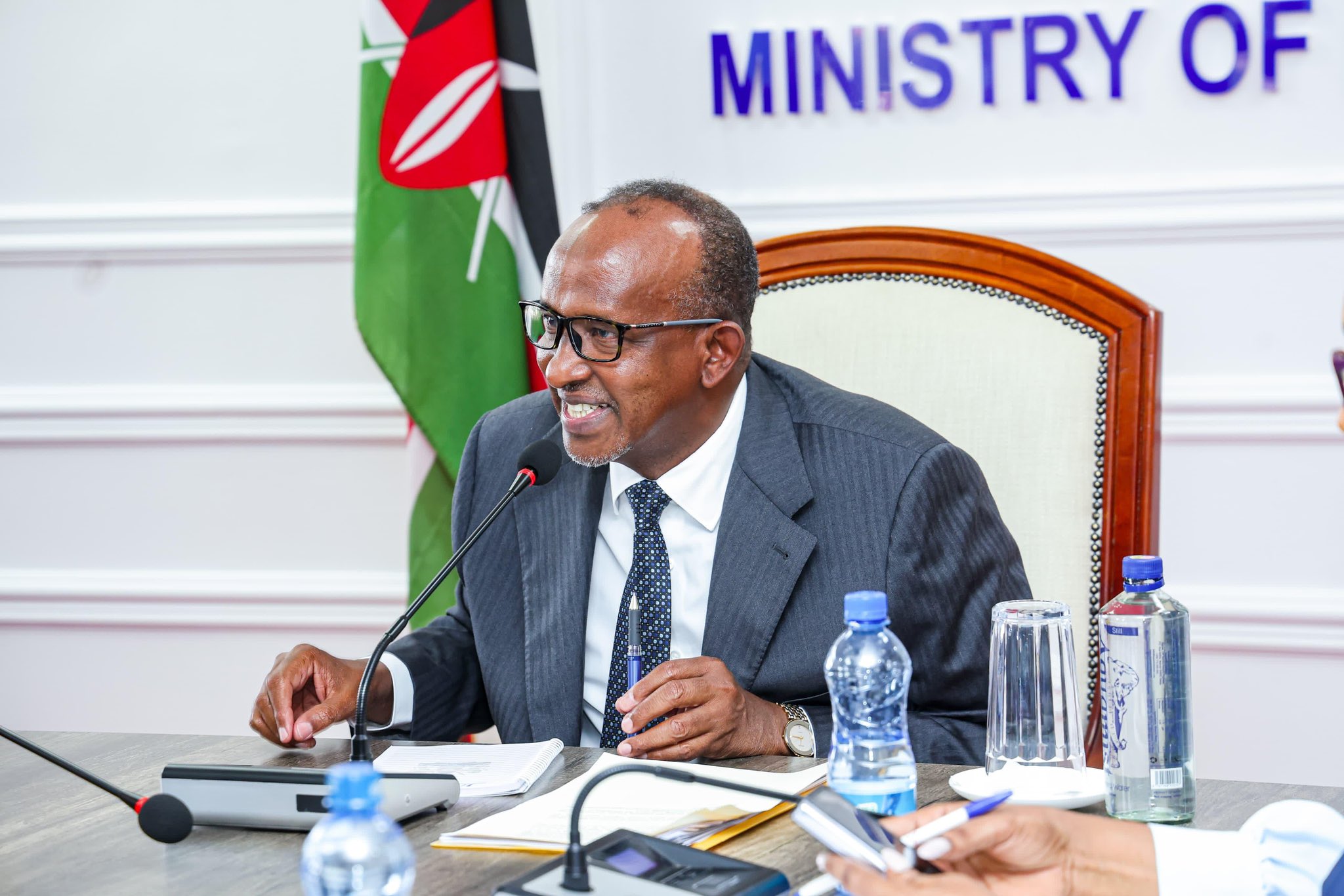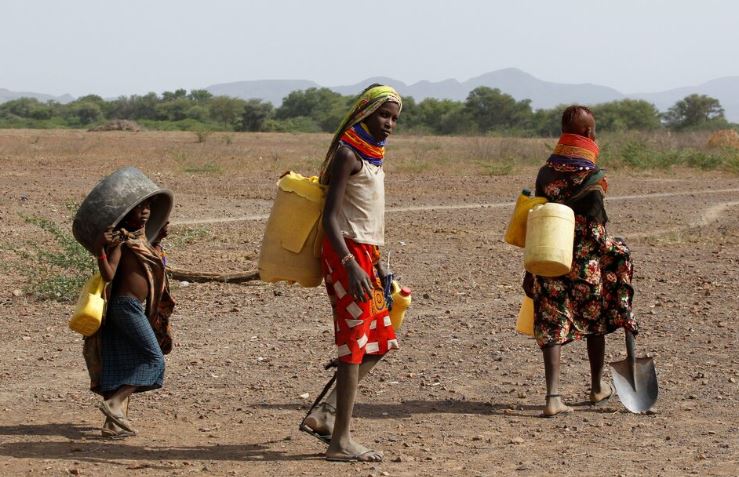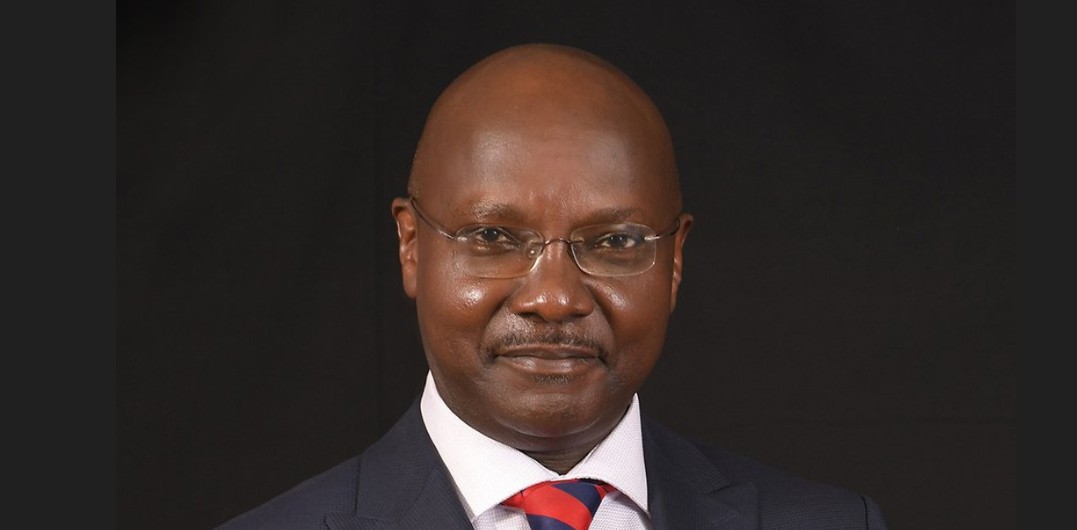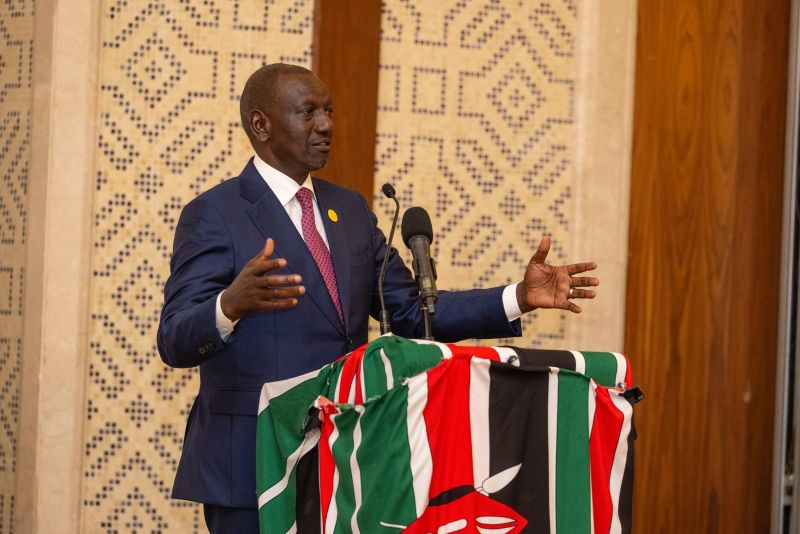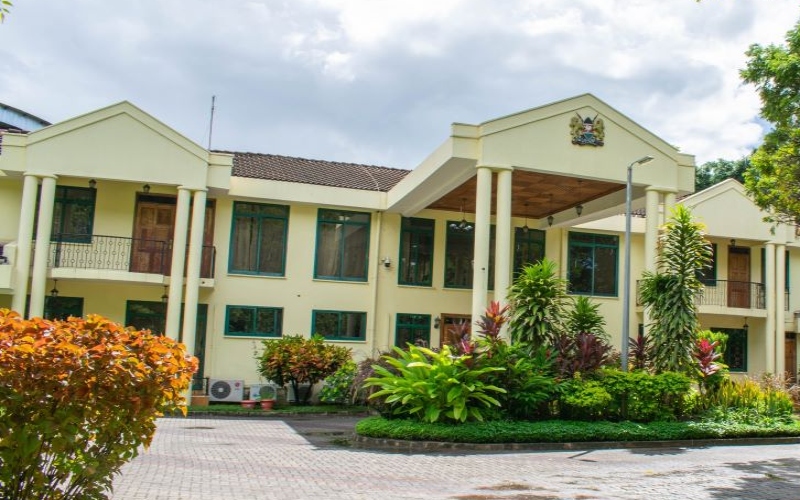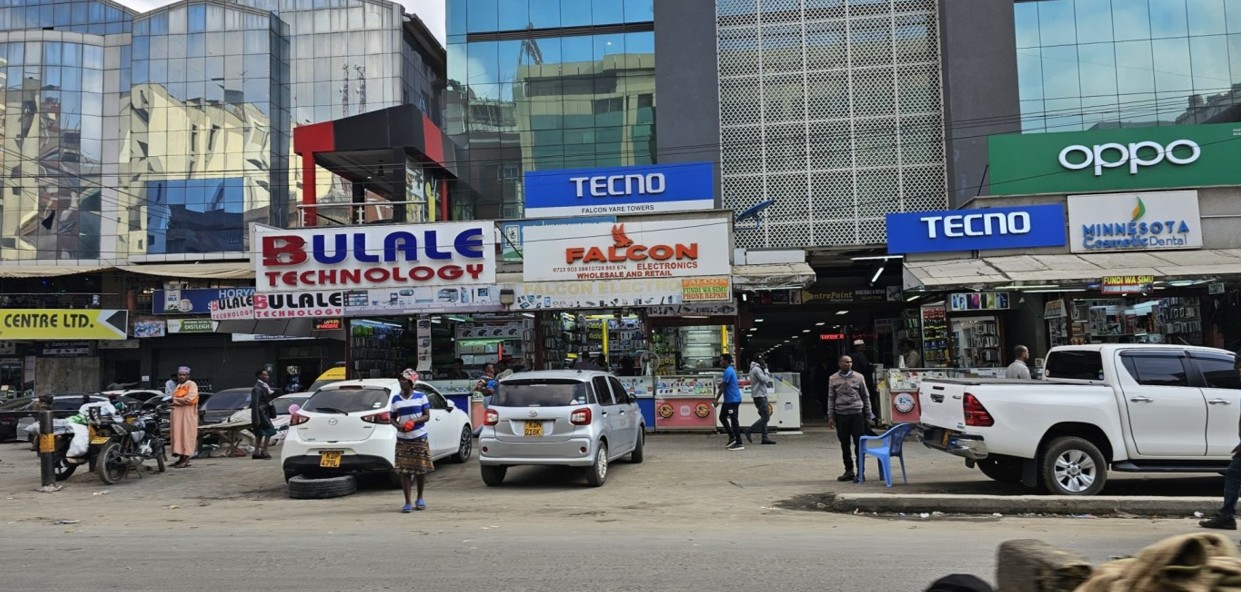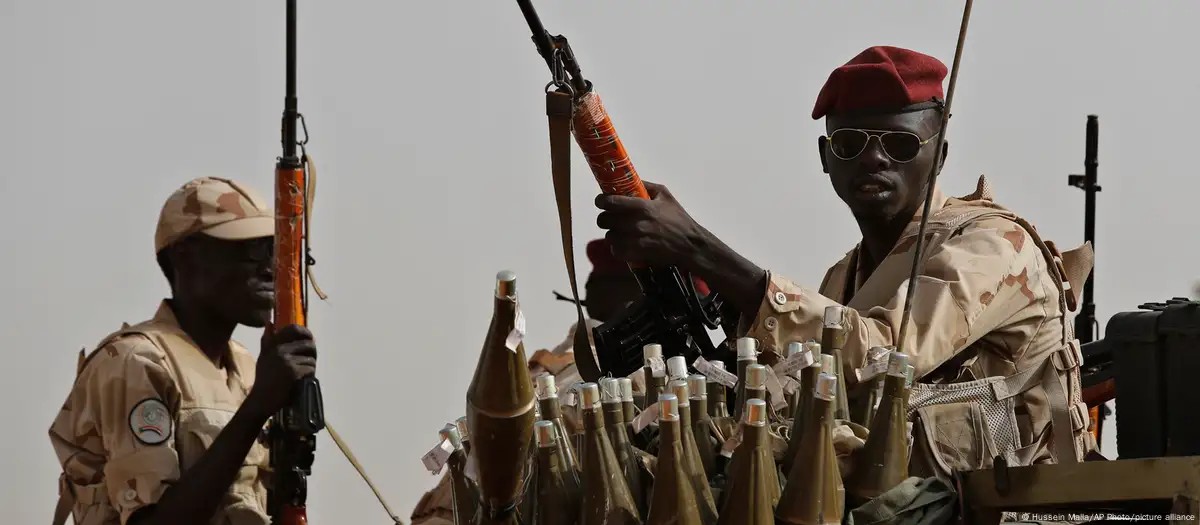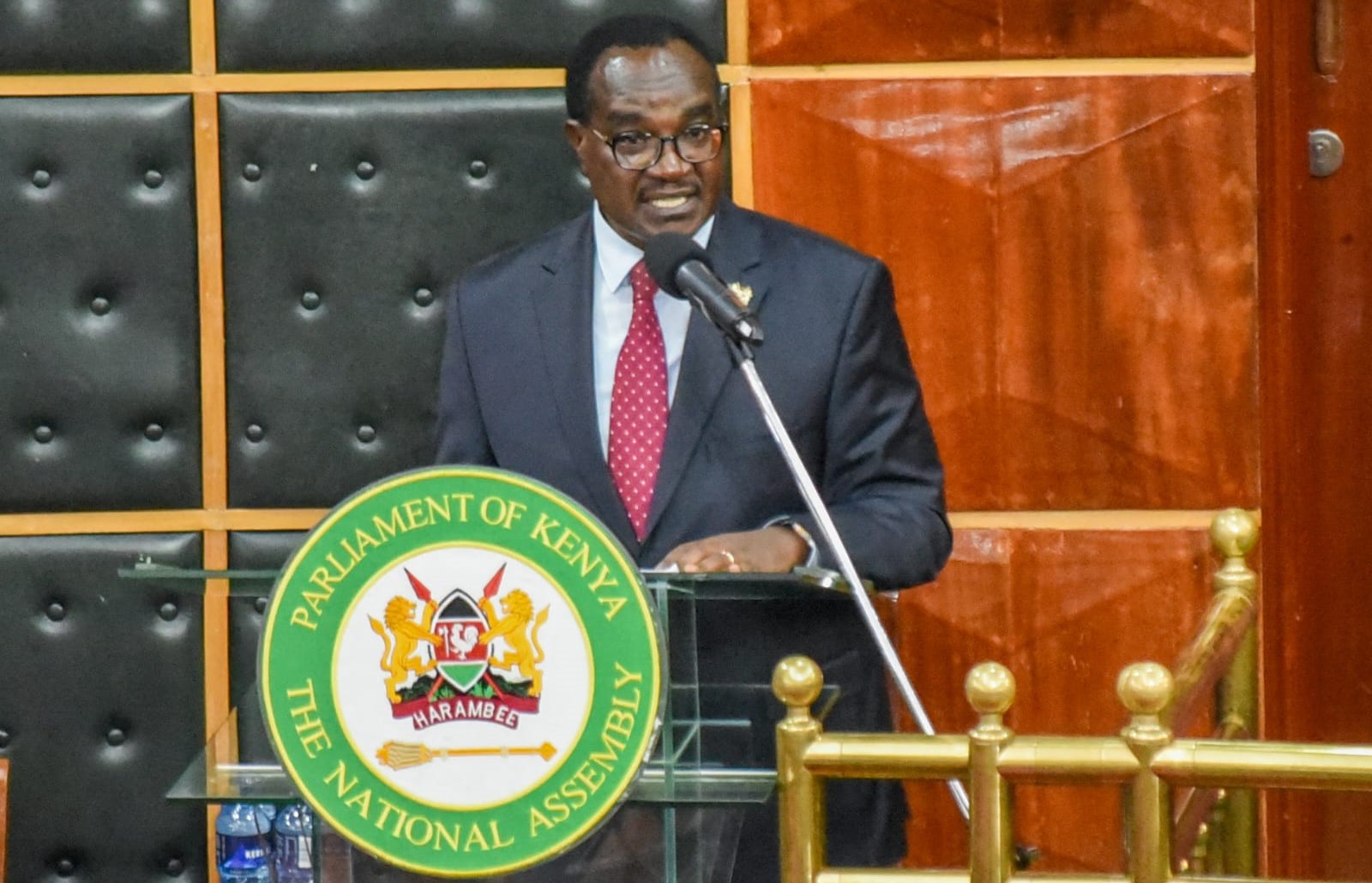Kitengela Three: Activist Bob Njagi breaks silence, narrates 32-day ordeal in hands of abductors
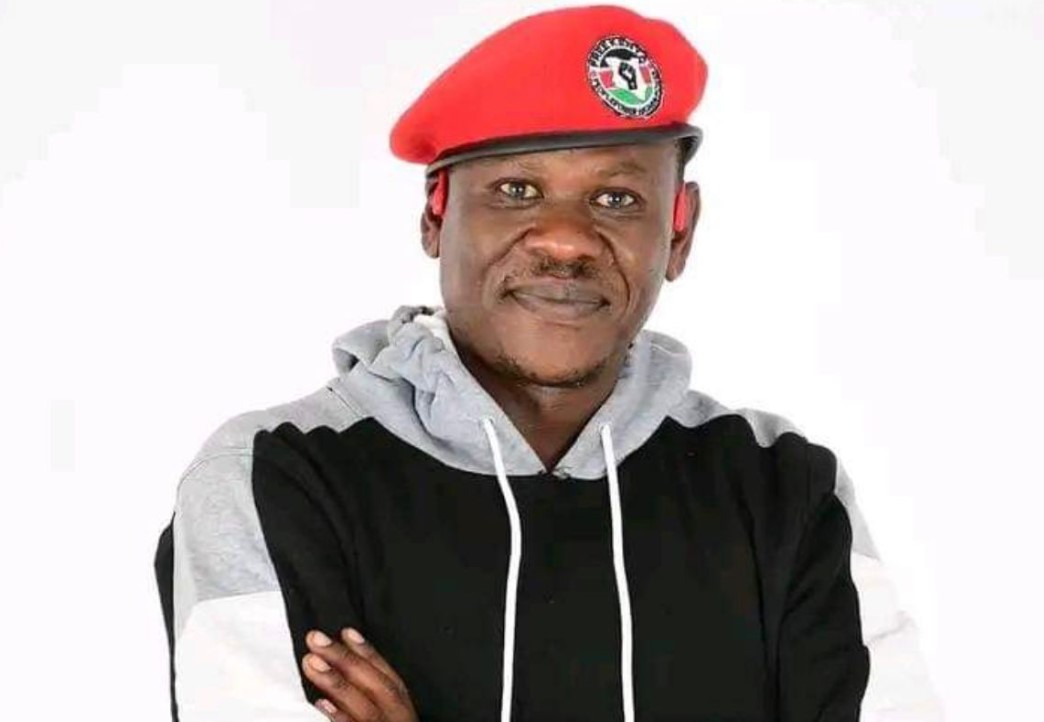
Though Njagi has been reunited with his family, he remains physically and emotionally shaken but determined in his pursuit of justice for himself and others who have suffered similar fates.
Bob Njagi, an activist and leader of the Free Kenya Movement, has given an emotional account of his harrowing 32-day abduction, breaking down in tears as he recounted the torture he endured.
Njagi, one of the three activists abducted in Kitengela, came face to face with what he described as police excesses in Kenya and revealed the disturbing details during a press briefing in Kitengela.
More To Read
- Activists petition Parliament to summon PS Sing’Oei over abducted Kenyans in Uganda
- Maraga demands Kenya summon Ugandan envoy over missing activists Bob Njagi, Nicholas Oyoo
- Matiang’i raises alarm over Kenya’s image as calls grow for answers on missing Kenyans
- 35 Ugandans file landmark petition over alleged cross-border abduction by Kenyan forces
- Police break up demo at Mudavadi’s office as anger grows over Kampala abductions
- Rights groups condemn silence from Ruto, Museveni as abducted Kenyan activists suffer in Uganda
His address at Pamdos Hotel was briefly interrupted by police, who laid siege to the venue, momentarily preventing journalists from accessing the area where Njagi, alongside members of the Free Kenya Movement, was addressing the media.
"Today marks 20 days since our release from abduction and forceful detention without trial. Over these few days, we have been receiving medical treatment, including psychosocial support and physical examinations, hence the delay in speaking out," Njagi stated.
Njagi believes his abduction on August 19 was a targeted action due to his involvement with the Free Kenya Movement, a group that has led protests against the Finance Bill, 2024, and subsequently evolved into demonstrations calling for the dissolution of parliament and the resignation of President William Ruto and Deputy President Rigathi Gachagua, accusing them of violating the Constitution.
Founded in 2018, the Free Kenya Movement has long been at the forefront of activism, advocating for social justice, constitutional, economic, and political reforms. The group has engaged in several legal battles challenging unjust laws.
Njagi recounted being singled out during protests and targeted by security agencies. "I was illegally arrested twice on separate occasions, physically assaulted by the police, and denied the right to seek legal counsel or contact my family," he said.
He recalled being presented in court on fabricated charges, one of which has already been dismissed due to a lack of evidence, while another case is scheduled for hearing at Kajiado Law Courts next Monday.
Njagi noted that all protests organised by the movement had been conducted in compliance with the Public Order Act, and the police had been notified in advance, with requests for security.
As the protests escalated, Njagi noted a shift in tactics, with hooligans infiltrating the demonstrations, causing chaos, looting, and damaging public property. "Their goal was to create panic, instil fear in the business community, and discourage the Gen Z population from participating in the protests," he said.
"The police and sympathisers of Kenya Kwanza administration were quick to blame the protesters before undertaking any investigation to ascertain the truth," he added.
Despite these disruptions, the peaceful protests continued, even as many demonstrators were arrested, and some tragically lost their lives to gunshot wounds. Businesses remained shuttered, resulting in significant financial losses.
Njagi criticised the police for their failure to arrest the hooligans, some of whom were caught on CCTV looting from private businesses. He condemned the use of excessive force, including live bullets, water cannons, and tear gas, by officers who concealed their identification. "To date, no police officer has been held accountable for assault, misconduct, excessive force, abductions, or murders," he added.
Recalling his abduction, Njagi described how he had spent the afternoon of August 19 accompanying former presidential aspirant Jimi Wanjigi to Nairobi Area Regional Police Headquarters, where Wanjigi had been summoned and later arrested. After spending the day with Wanjigi’s family and lawyer, Njagi boarded a matatu to Kitengela at the Railways Bus Terminus.
While en route, the matatu stopped at Mlolongo, where four masked men stormed the vehicle, accusing Njagi of carrying a gun. He shouted his name and informed fellow passengers that he was being targeted for his involvement in the protests.
Activists laud Bob Njagi for pledging to intensify pressure on the government, demanding justice for all individuals who were abducted, including compensation and a public apology. pic.twitter.com/KJ87Qkz99F
— The Eastleigh Voice (@Eastleighvoice) October 9, 2024
Njagi was dragged out of the matatu, beaten, and bundled into a waiting white car. The abductors warned passengers not to take photos or record videos, but some managed to capture the incident secretly.
What followed was 32 days of terror. After being driven to an unknown location, Njagi was blindfolded, handcuffed, and left in a small, dark room for two days with only water.
"On the third day, the blindfold was removed and the handcuffs were removed from the backside and I was moved to the second room with a small withered mattress and a blanket, this is where I stayed handcuffed and blindfolded for the next 30 days," he said.
The room had no light, and his only interaction came when his captors brought him a cup of tea in the morning and removed a waste bucket. He was given one meal a day, barely enough to survive.
"My health deteriorated rapidly; I was dehydrated and lost a lot of weight," Njagi said, recalling how he was only allowed to shower for 10 minutes once a week.
On September 20, at around 12:30 am, Njagi was taken from the cell, blindfolded, and driven for 30 minutes before being released with Sh400 for bus fare. He stumbled upon Tigoni Police Station, where he reported the incident and contacted his family.
Njagi expressed gratitude to his family, the Kenyan public, human rights organisations, the Law Society of Kenya, and activists who played a role in securing his release and that of the Longton brothers, who were also abducted.
He vowed to pursue legal action, holding the state responsible for his abduction and others. "The government has a duty to provide security," he said.
Despite his ordeal, Njagi has forgiven his abductors and is focusing on healing. He called on the government to compensate families who lost loved ones during the protests as a gesture of goodwill and respect.
"My body is more resilient, and my mind is more focused. I will continue to lobby for good governance and accountability," Njagi concluded.
His abduction happened at the peak of anti-government protests in Kitengela. On the day Njagi was abducted, two brothers, Jamil and Aslam Longton, also known for opposing government policies, were abducted by masked men in a Subaru.
The Longton brothers were also found later in Gachie, Kiambu County, after a public outcry. Like Njagi, they spoke of the traumatic conditions they faced during their captivity.
While the families of Njagi and the Longton brothers are relieved to have their loved ones back, concerns remain over the safety of activists in Kenya.
The National Police Service has denied any involvement in the disappearances. Inspector General of Police Douglas Kanja stated that the police had no knowledge of the whereabouts of Njagi or the Longton brothers during their abductions.
Activists across the country continue to call for transparency and accountability from the government, as Kenya grapples with a surge in abductions linked to protests.
Top Stories Today
